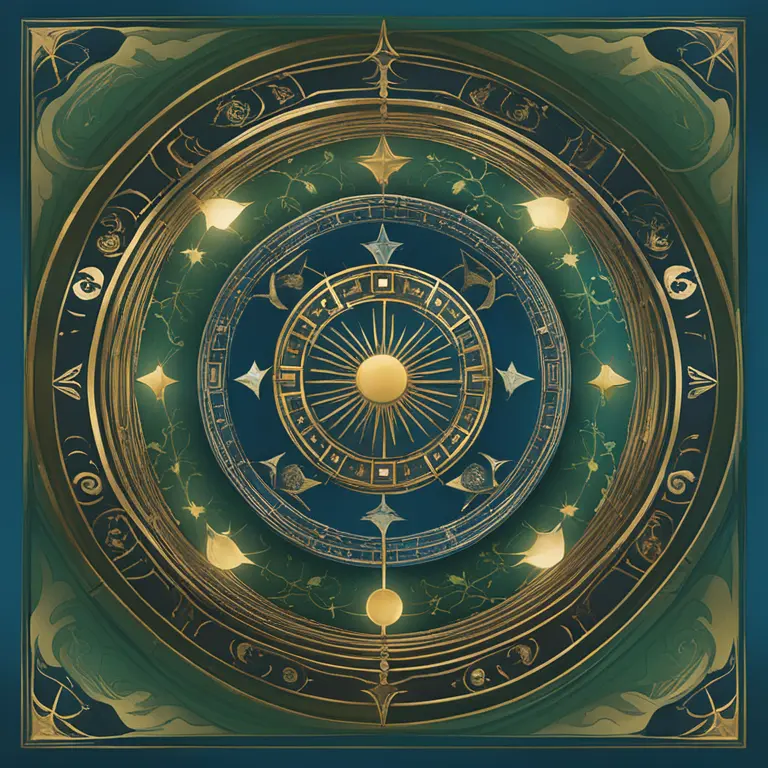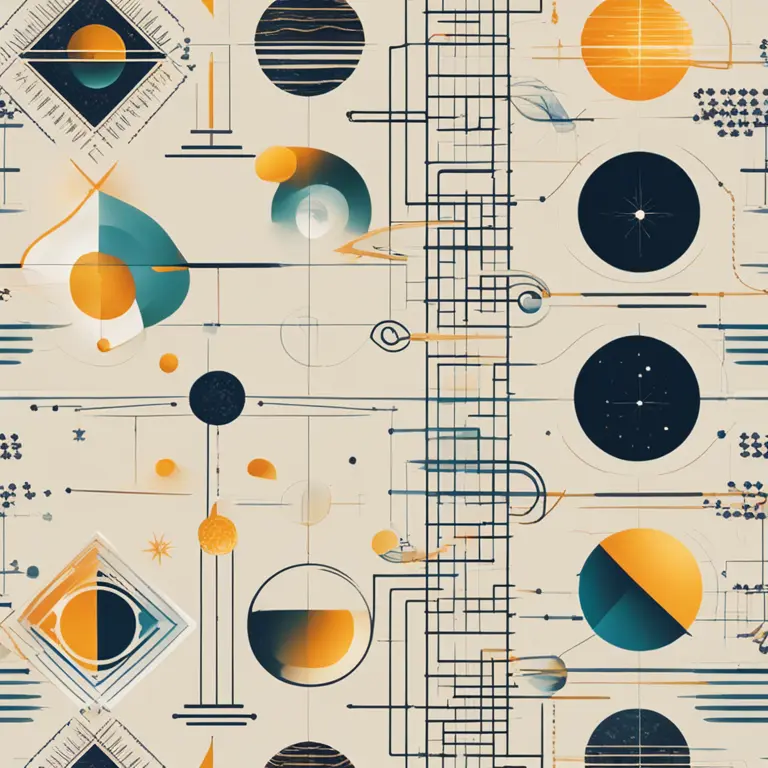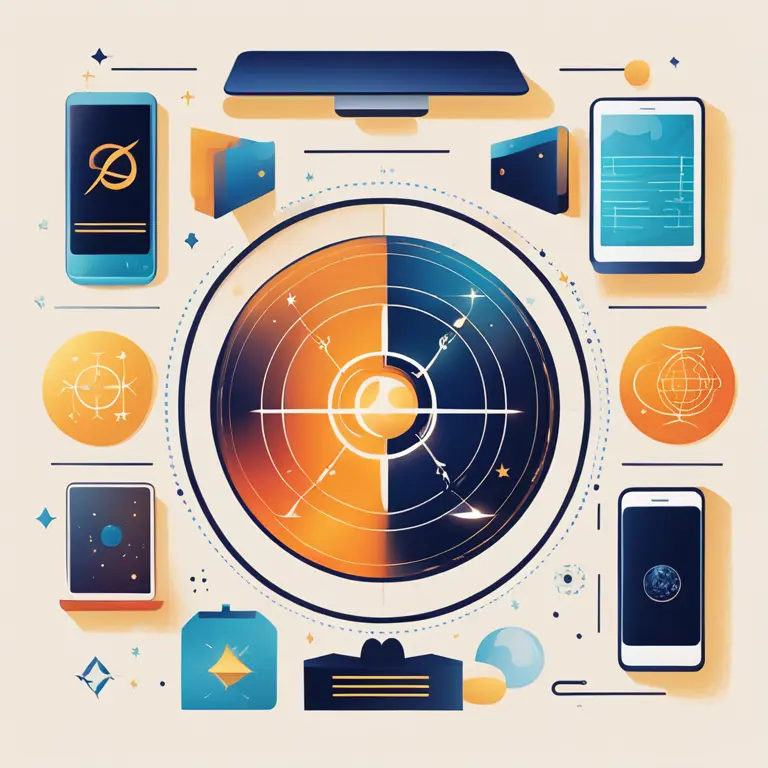
The Truth Behind Astrology Predictions
Discover whether there's legitimacy to astrology readings and how they influence our understanding of self and the universe.
article by Priya Deshmukh
Interpreting Celestial Patterns
Astrology has fascinated humanity for millennia, serving as a bridge between the cosmos and our daily lives. Despite advancements in science and technology, astrology readings remain a topic of intrigue, often raising the question: Are they true? Astrology's foundation is the belief that celestial bodies' positions and movements impact human affairs. Modern astrology enthusiasts assert that it offers valuable self-insight and a different perspective on life's challenges, heralding astrology as a tool for personal development rather than just an ancient superstition.

Scientific Scrutiny and Astrology
The scientific community widely regards astrology as a pseudoscience, primarily due to its lack of empirical evidence and failure to adhere to scientific methodologies. Skeptics argue that predictive astrology cannot consistently produce accurate and testable outcomes, which challenges its credibility. However, in the realm of personal growth and self-awareness, many find astrology readings resonate on a subjective level. This dichotomy between empirical evidence and personal experience forms the crux of the debate on astrology's truthfulness.

Psychological Resonance and Confirmation Bias
Astrological readings often employ generalized statements that can apply to a broad spectrum of individuals, a phenomenon known as the Forer effect. This psychological principle contributes to astrology's appeal, as people naturally attribute vague descriptions to specific personal experiences. Confirmation bias further fuels astrology's perceived accuracy, as individuals tend to remember predictions that came true while overlooking those that did not. Despite such criticisms, astrology's proponents maintain that when done correctly, readings can yield surprisingly personal and profound insights.

The Role of Astrology in Modern Society
Today's digital world has seen a resurgence of interest in astrology, with apps and websites providing personalized horoscopes and readings. Moreover, the appreciation for astrology's historical and cultural significance has kept it alive in contemporary discourse. Astrology’s flexibility to integrate with modern lifestyles and the pervasive desire for understanding one's place in the universe give it an enduring presence that transcends blunt veracity debates.

Personal Empowerment vs. Determinism
A critical question surrounding astrology is whether it empowers individuals or fosters a deterministic viewpoint. Supporters argue that astrology readings offer a form of narrative therapy, enabling people to navigate their lives with greater mindfulness. On the other hand, critics warn that over-reliance on astrological interpretations can lead to fatalistic thinking, wherein individuals attribute too much control over their lives to the stars, potentially undermining personal agency.
Approaching Astrology with Balance
Engaging with astrology readings requires a balanced perspective. While they can provide entertainment and self-reflection opportunities, it’s important to discern their role in life's decisions. Astrology should be one of many tools for understanding the complexities of our existence without becoming a crutch that dictates every choice. In this light, astrology can coexist with rational thought, potentially offering a complementary outlook on life's mysteries.
Published: 1/12/2024
Modified: 1/12/2024
More predictions
Come back here soon to learn more about yourself and your future


Do Zodiac Signs Reflect Your True Self?
Discover the connections between zodiac signs and personality traits in this insightful look into astrology's relevance to our lives.


Astrology: The Depths of Water Signs
Dive into the depths of the Water Element in Astrology and discover the intuitive and emotional nature of Cancer, Scorpio, and Pisces.


The Mystique of Zodiac Water Signs
Dive into the emotional depths of the Zodiac water signs – Cancer, Scorpio, and Pisces – and discover the profound insights they offer.